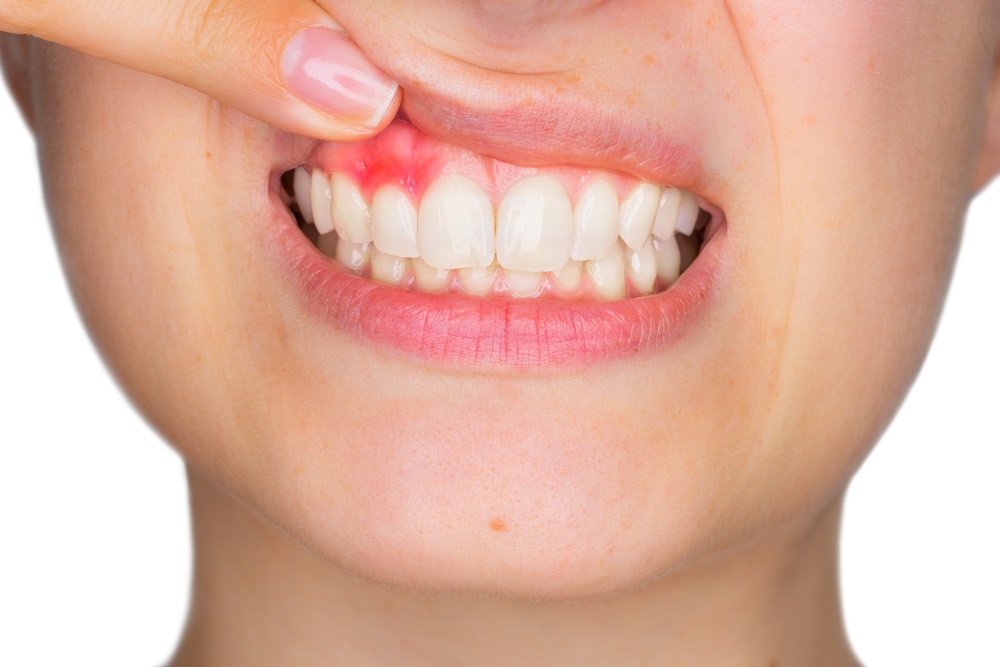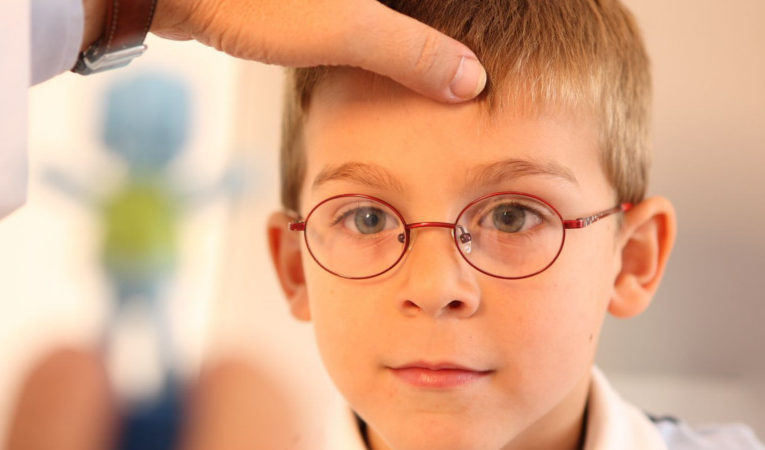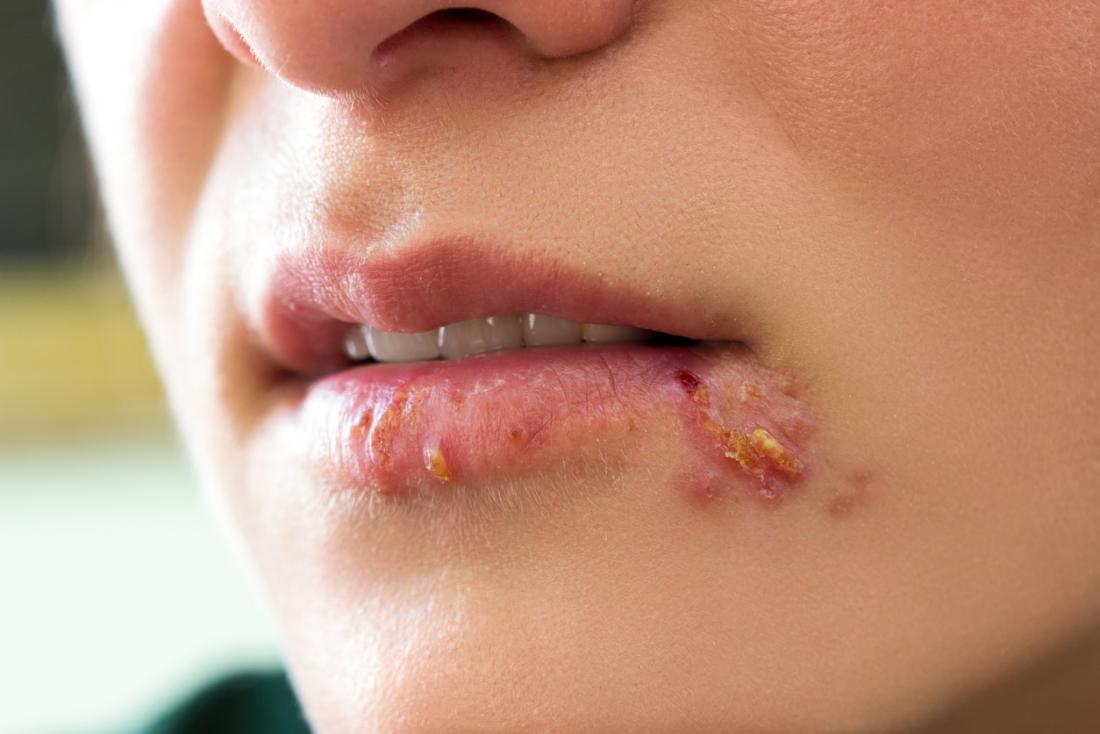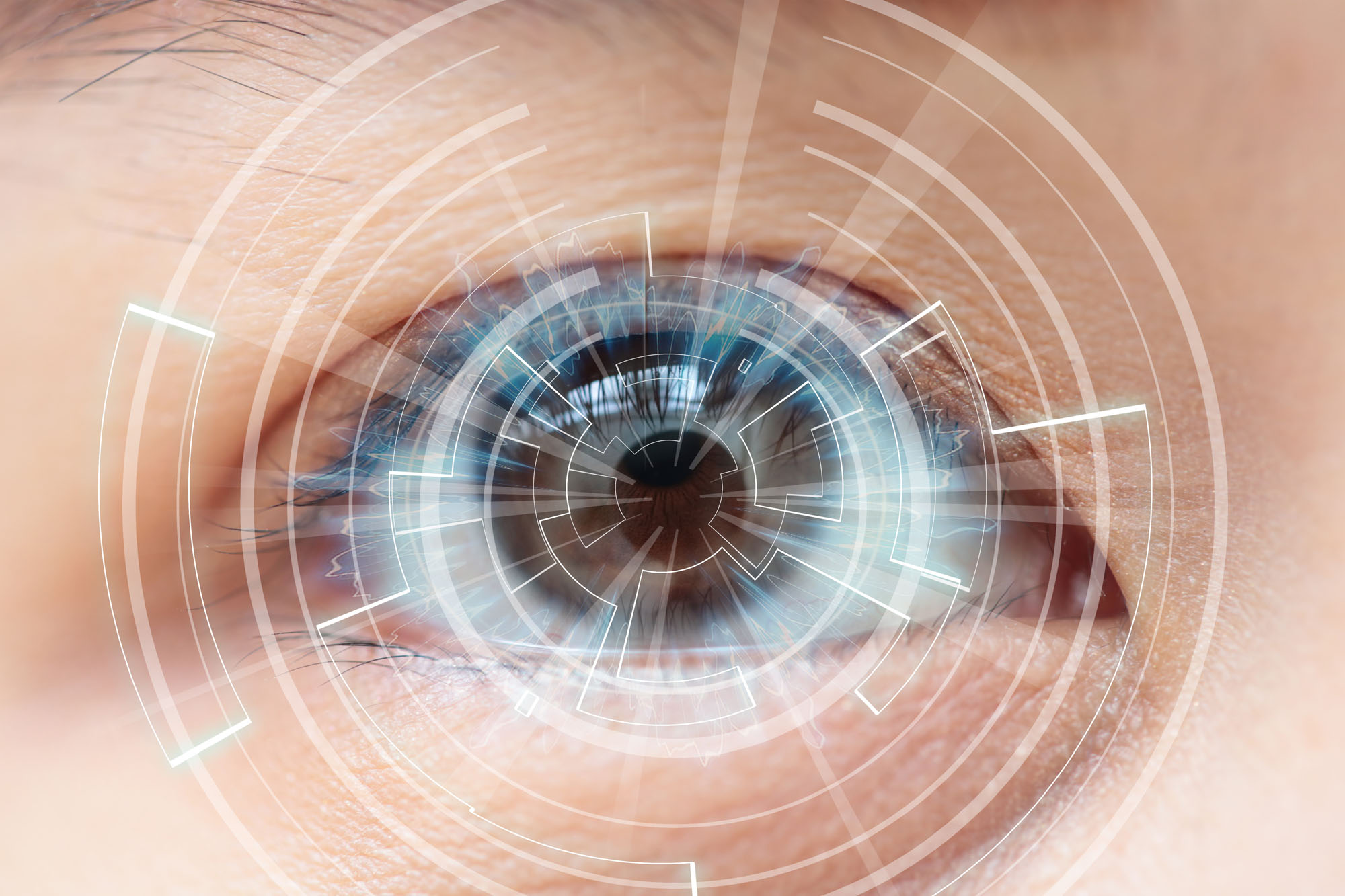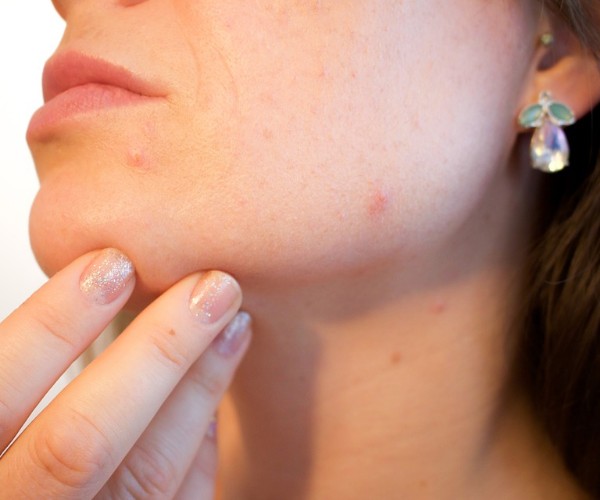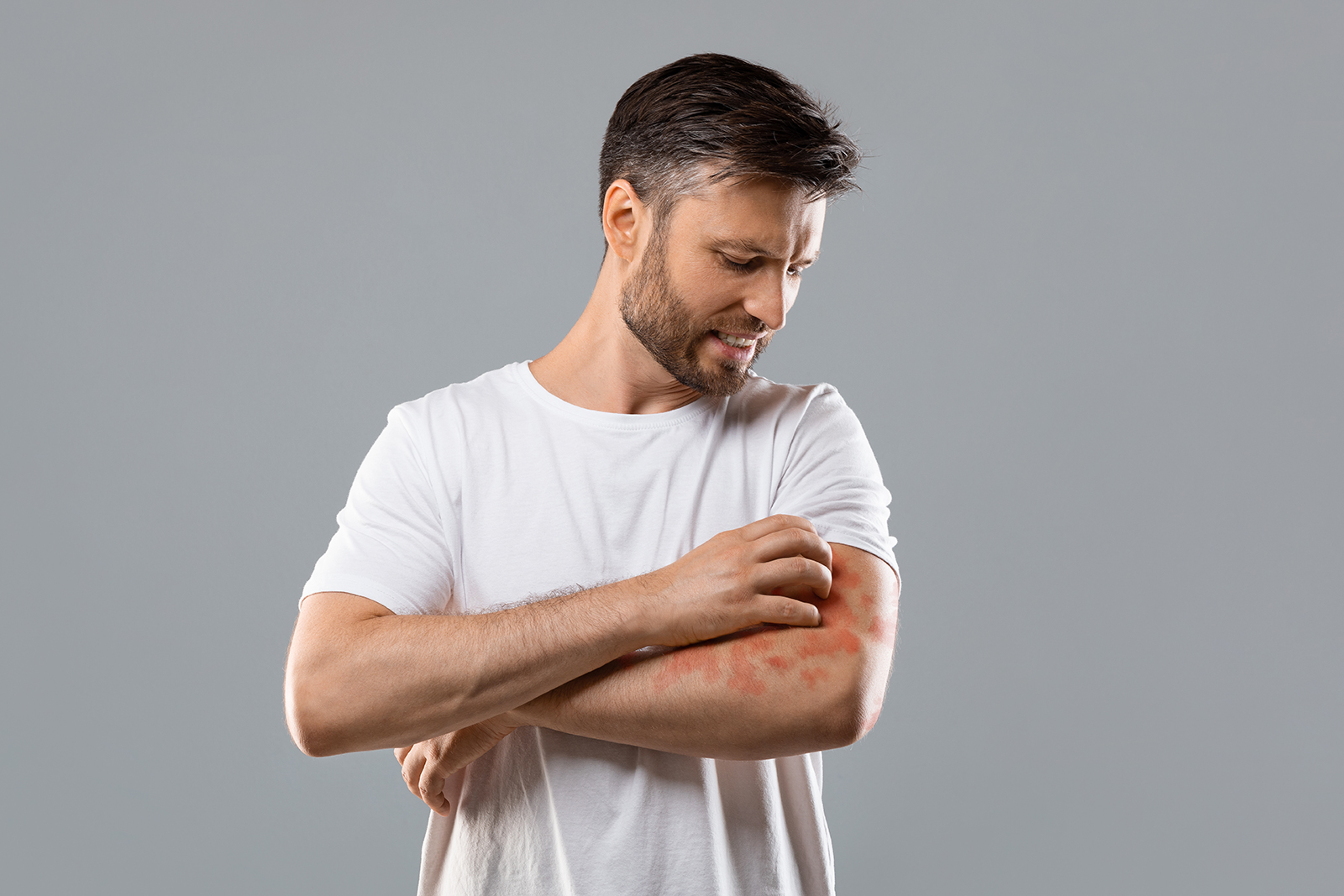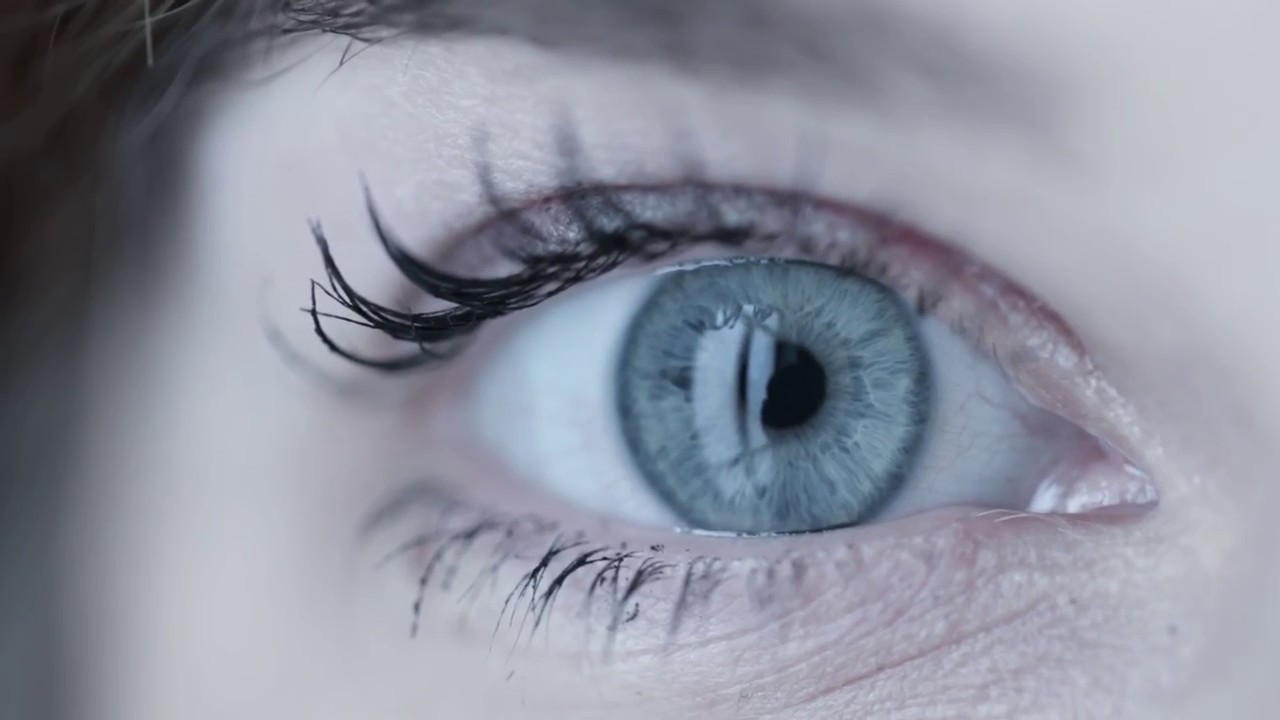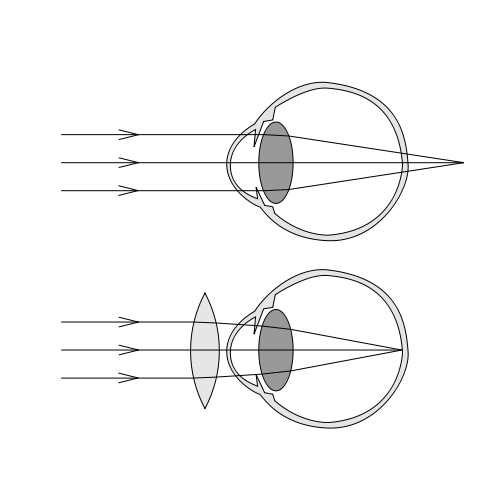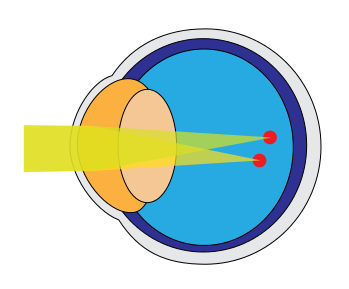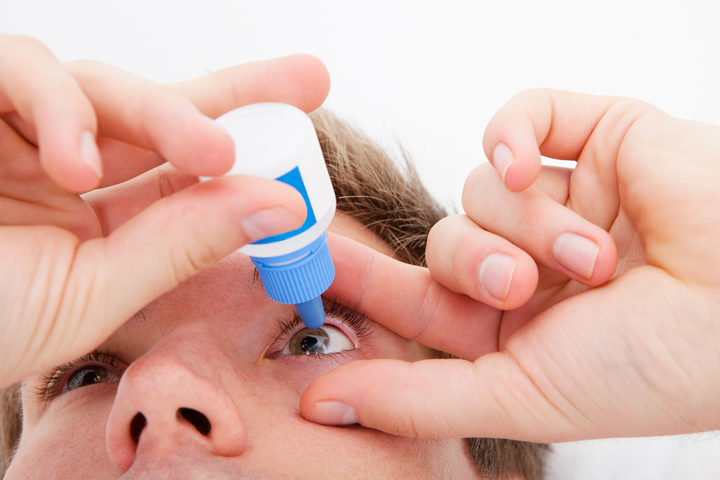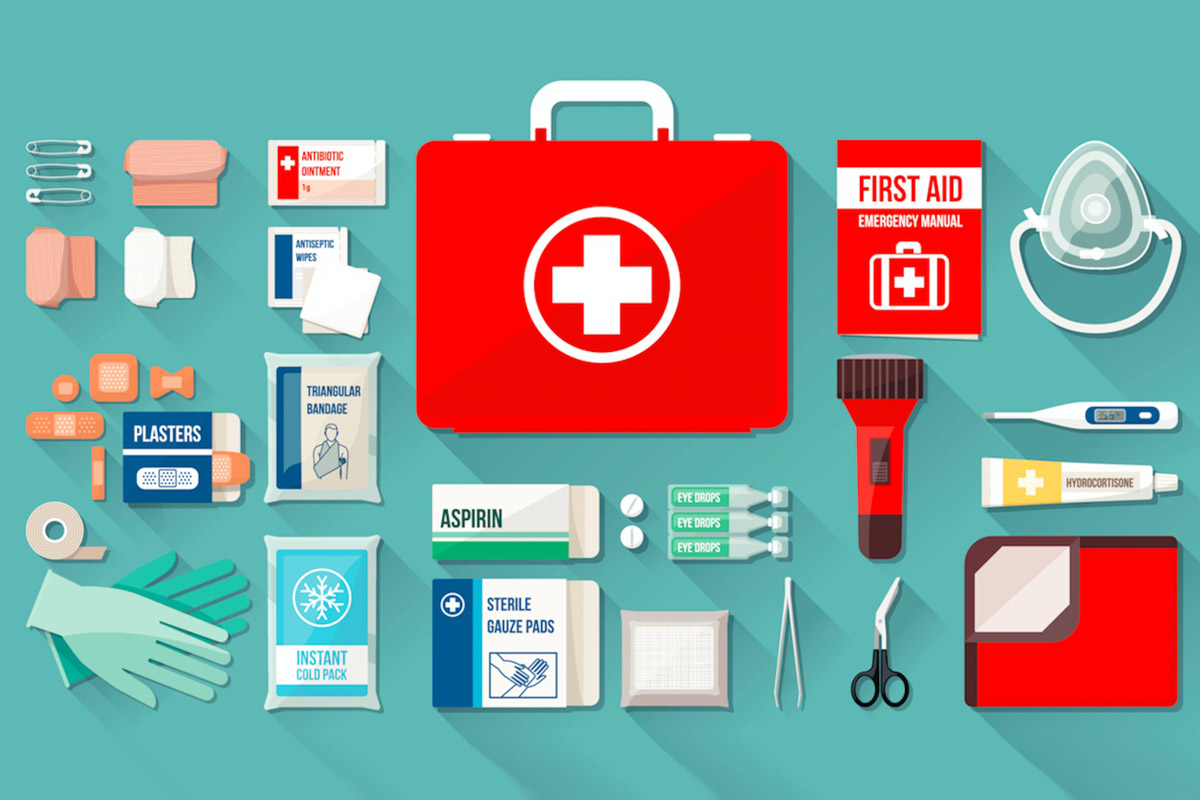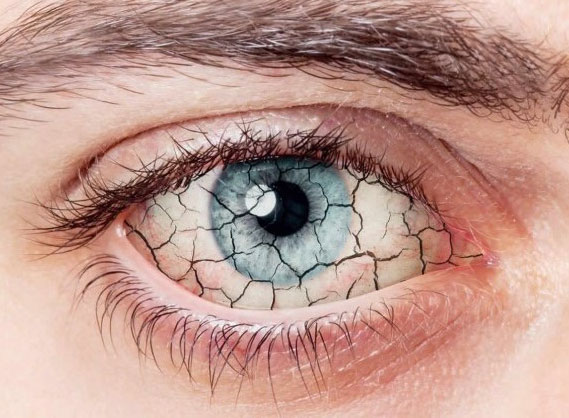The traditional Halloween holiday is now upon us. Everything is almost ready for Witches’ Night next October 31. Various venues have organized parties and scary masquerade parties and the little ones are getting ready to knock on doorbells to the sound of “trick or treat?” Behind this frightening yet fun holiday, however, lie quite a few dangers to the health of our bodies, especially our skin and eyes.
Watch out for the eyes
Some of the main dangers that can arise as a result of the various bizarre disguises and whimsical masks concerns the very health of our eyes. In fact, it is common during this holiday to wear colored, fluorescent contact lenses to give one’s disguise an even creepier look. In this regard, the call of the Association of Optometrists birtannica, which, through its experts, stresses the danger of these accessories, is very important. Very often contact lenses are bought on the Internet or in small gift stores and are of poor quality and therefore dangerous. This is also compounded by the lack of care given to the lenses, even if they are of good quality. In fact, it happens that we share them with other people, keep them for too long or even store them in tap water-all actions that can lead to negative consequences for our eyes to the point of even causing permanent vision problems.
“I treat patients with problems caused by lenses every year,” Badrul Hussain, an optometrist at Moorfields Eye Hospital, for example, tells the BBC-even children under 16. Not knowing the basics of contact lens wear can facilitate the risk of developing even permanent problems.”
A danger to the skin as well
Another warning comes from some U.S. agencies, including the CdC, which recommends paying special attention to the quality of cosmetics used to make disguises. It is recommended that these products be tried first on a small portion of the skin to check for allergies or any other discomfort or irritation. Also very important is to remove makeup completely before going to bed.
Another danger is the costumes themselves, especially for younger children. In fact, all disguises should be fireproof and contain no dyes that could harm health. Finally, for children who plan to knock on doors to ask for treats, it is not recommended to accept unpackaged and homemade products from strangers and to avoid eating too many sweets and thus taking in too much sugar and calories. “Parents of very young children also,” the Cdc statement further reads, “should remove any choking hazard treats, from chewing gum to hard candy to any small toys that may have been placed in the bags.







